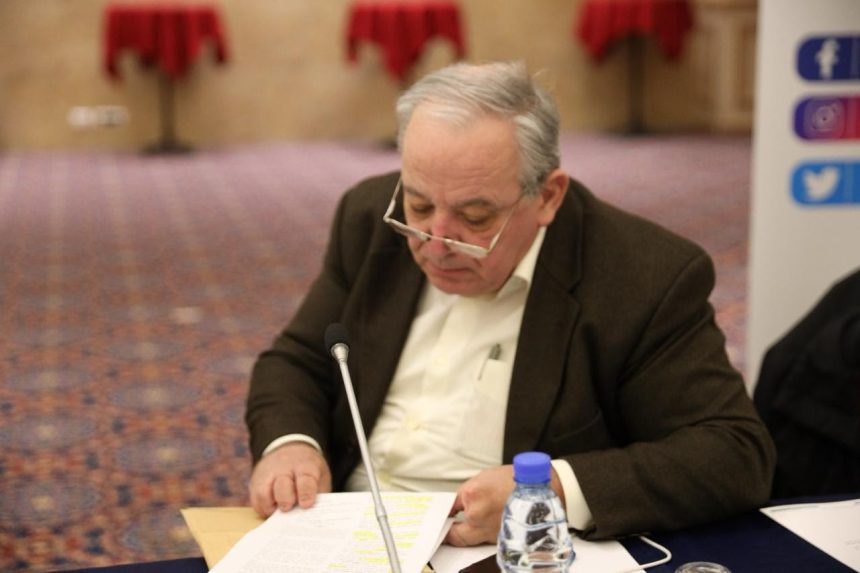The Lebanese national electricity provider, Electricité du Liban (EDL), raked up substantial financial losses over several decades, primarily due to subsidized electricity pricing. The situation was exacerbated by the currency devaluation that commenced in 2019, as electricity prices in Lebanon are denominated in Lebanese pounds while the fuel required for power generation is imported in US Dollar. When EDL eventually adjusted its pricing structure, it employed a formula that was deemed unfair and unlawful by LIMS.
According to LIMS, EDL’s pricing methodology included a costly fixed fee known as the “rehabilitation allowance,” which deviated from a consumption-based pricing model. This approach disproportionately burdened low-income households that practiced energy conservation, as they ended up paying a higher average price per kilowatt-hour (Kwh) compared to wealthier, energy-intensive, households. Moreover, given EDL’s limited electricity supply, this “rehabilitation allowance” essentially became a fee charged to households without corresponding service provision. Additionally, EDL incorporated an artificial exchange rate into its pricing formula, set at 20% above the market rate. This further contributed to the financial strain on consumers.
In response to these grievances, Mr. Ghassan Baydoun, a policy analyst at LIMS, initiated a legal challenge against the Ministry of Energy and Water for irregularities in electricity pricing. In a noteworthy development, the Ministry announced the elimination of the “rehabilitation allowance” and the adjustment of the exchange rate in electricity bills, effective May 2023. This decision is anticipated to yield substantial cost savings for consumers and alleviate the financial inequities faced by vulnerable segments of the population.
Meanwhile, EDL issued warnings of power disconnections for government entities, public institutions, and municipalities due to outstanding bills. This move was met with criticism from LIMS, highlighting the irony of EDL’s financial predicament, as it is a net borrower from the state. These inter-institutional disputes underscore the inefficiencies within Lebanon’s public sector, particularly in managing the electricity industry. LIMS argued for private production and distribution of electricity on the local level leveraging solar energy innovations and their decentralized nature. The institute proposed streamlining the licensing process for private entities as a swift and cost-effective remedy for the sector’s challenges.
- Collaboration with the Private Sector: Reformative Approach to Combat Corruption, February 7, 2024: Al Joumhouria, Article AR
- “Thank You” Electricité du Liban… But! February 16, 2024: Hona Lobnan, TV Interview AR
- Can Electricity Be Cut Off From Official Institutions In Lebanon? February 29, 2024: Al Jadeed, TV Interview AR
- The Electricity Crisis Persists Between State Warnings Of Payment And Seizure Of Viable Solutions! February 29, 2024: Al Joumhouria, Article AR

